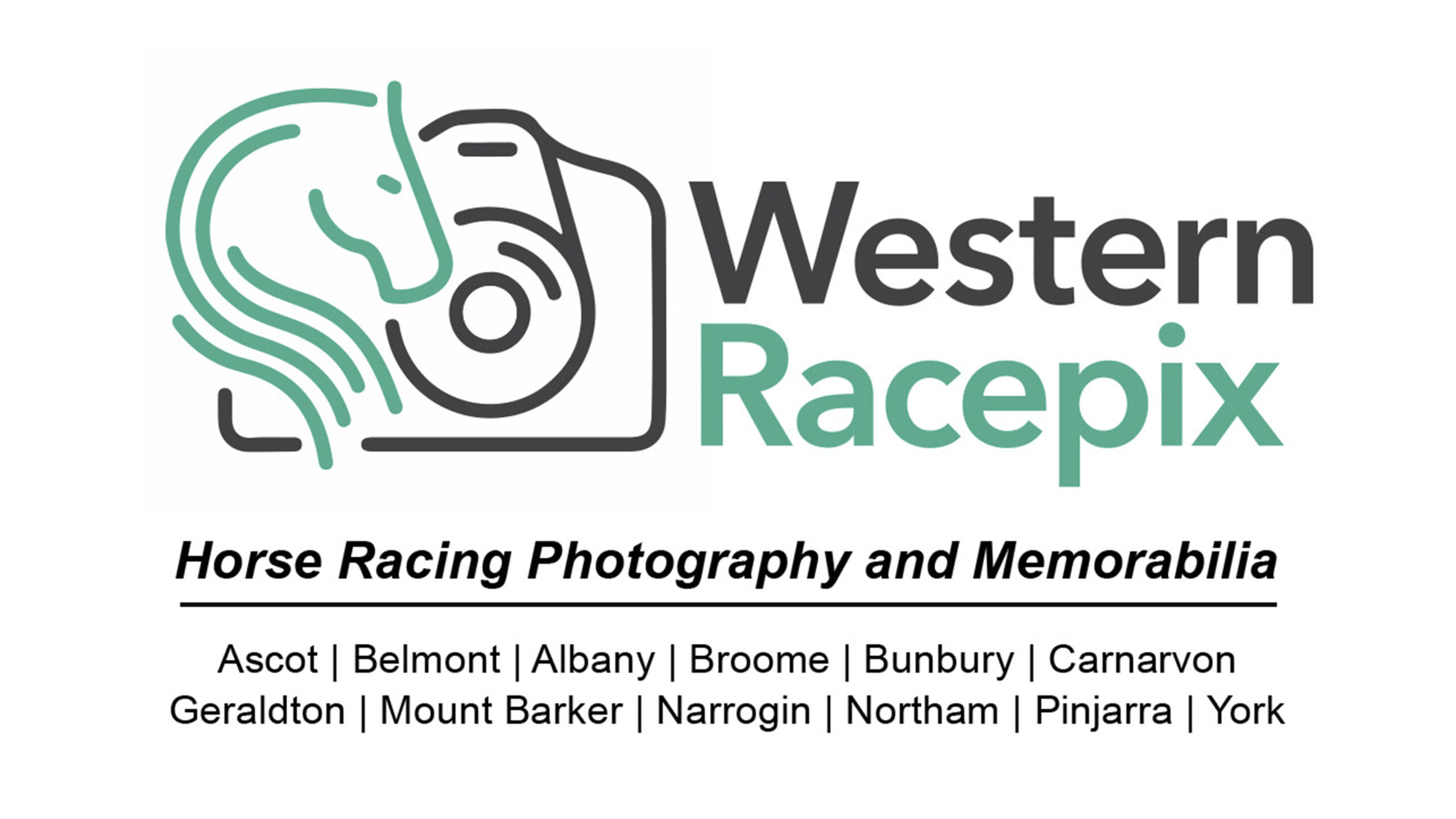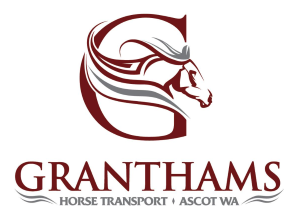Trevor Delroy has supported Dundeel (NZ) from his early days at Arrowfield Stud and that commitment paid off again when the yearling colt from Naivasha (Lot 294) made $250,000 at the Perth Magic Millions last Friday.
Delroy has been based at Wyadup Valley Farm in WA’s south-west for 30 years and in that time he’s bred Group 1-winning stayers Cedarberg (ATC The BMW), Ethiopia (ATC Australian Derby), Gondokoro (Queensland Oaks) and Zabeelionaire (SA Derby).
“I thought the Dundeel colt was good enough for the Inglis Easter Sale and so did some other good judges,” Delroy claimed. “But I can’t complain because the Dundeels averaged $270,000 on the Gold Coast and I want to maintain a sales presence with good quality horses in Perth.”
Leading international bloodstock agent Johnny McKeever fought off some stiff local and interstate competition to land the colt who broke the Day 2 record in the Swan Valley.
“I rate Dundeel highly and this colt is the one we wanted,” McKeever revealed. “We really liked him and I will talk to the syndicate about a trainer when we get back home.”
 Delroy is open to keeping a share in the colt who will stay at Wyadup Valley until transferring east in April. He’s the second foal of Naivasha (Starcraft) who won over a mile at Flemington and Sandown Lakeside as well as being Stakes-placed in the 2019 Cranbourne Cup (2025m).
Delroy is open to keeping a share in the colt who will stay at Wyadup Valley until transferring east in April. He’s the second foal of Naivasha (Starcraft) who won over a mile at Flemington and Sandown Lakeside as well as being Stakes-placed in the 2019 Cranbourne Cup (2025m).
Photo / Trevor Delroy leads Ethiopa back to scale after the 2012 Australian Derby
Haraka (Foreplay) was one the first mares Delroy sent to Dundeel back in 2016 and that mating produced Cetshwayo who won the 2019 AAMI Victoria Derby Trial (1800m) at Flemington for trainer Danny O’Brien.
“I don’t usually use unproven sires and there’s no such thing as a sure thing, but I thought Dundeel was very close to it. You always need a turn of foot and he had plenty of that.”
Delroy is a rarity in the business of breeding Group 1 winners in Australia. “I’m interested in stayers while the majority want to breed sprinters. It’s ironical that the majority of the bigger money races are middle distance and staying, so I guess it’s just down to a lack of patience.
“I’ve studied bloodlines since I was in school. My grandfather Don Young owned the 1960 WA Derby winner Chestillion and our horses race in his pale blue and green colours.”
Delroy is a methodical breeder and studies pedigrees going back generations before making a decision on a stallion for his mares. The Dundeel colt traces to 1920 English 1000 Guineas winner Cinna (Polymelus) who foaled Champion Australasian sire Beau Pere (Son-In-Law).
“The good ones in that family are very good like Dulcify, Vice Regal, Tarzino and our Australian Derby winner Ethiopia. Dulcify was one of the best horses I’ve seen in Australia. The US Triple Crown winner and Japanese based breed-shaper Sunday Silence is also a descendant of Cinna.”
Delroy visits Japan every year believing they’re at the forefront of racing and breeding worldwide. “Their attention to detail is amazing and their horses aren’t mollycoddled. The major studs are all in Hokkaido where it’s snowing outside when the mares are foaling down.”
The focus on staying mares going back to an elite taproot mare attracted Delroy to Kisumu (Carnegie) as a yearling and she later foaled his classic winners Gondokoro and Zabeelionaire who were both by Zabeel.
“I bought Kisumu from Dr Bill Riches who was the veterinarian for the Victoria Racing Club. She was out of a Darshaan (GB) mare whose fourth dam Vali (Fr) foaled Val de Loir who won a French Derby and was champion broodmare sire three times and Valoris an English Oaks winner in the 1960s. Carnegie was a son of Sadler’s Wells and I like that cross with Darshaan.”
Delroy also owns a property of nearly 1000 acres at Lancefield in the Macedon Ranges 70km north of Melbourne. “The bulk of our racehorses and mares are based in the Eastern States. We stand French Group 1 2yo winner Johannes Vermeer (Galileo) there – having purchased him last year.
This article was first published on Breednet








